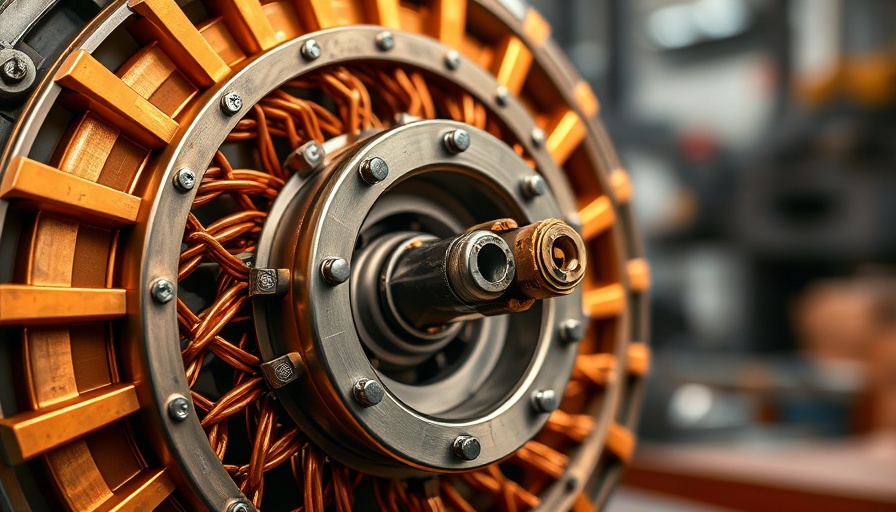
Why Recycling Electric Motors Is Essential
In our technology-driven world, electric motors are ubiquitous, found in everything from household appliances to heavy machinery. However, the environmental impact of disposing of these motors irresponsibly can be significant. When discarded in landfills, electric motors can release harmful chemicals, contributing to soil and water pollution. Therefore, recycling becomes a crucial step in promoting sustainability and environmental health.
Conserving Resources and Reducing Waste
Electric motors are typically made from valuable metals like copper, steel, and aluminum, which can be reclaimed through recycling. These metals are infinite recyclables, meaning they can be repurposed repeatedly without degradation. By recycling electric motors, we conserve valuable natural resources and minimize the need for virgin material extraction, which is often damaging to ecosystems.
Steps to Identify and Recycle
Identifying whether an electric motor is recyclable involves checking the manufacturer's manual or conducting a visual inspection. Consider any coatings or attachments that may hinder recycling. Once identified, recycling can often occur at local recycling centers, scrap yards, or through specialized e-waste recyclers. This process not only reduces landfill waste but can also create jobs and economic opportunities in the recycling industry.
Engagement in the Recycling Movement
Whether you are an individual or a business, participating in electric motor recycling is a straightforward yet impactful decision. From expanding the lifecycle of materials to promoting energy savings, each action contributes to a larger goal: the fight against climate change and environmental degradation. As industries worldwide face increased pressure to adopt sustainable practices, recycling electric motors can play a vital role in reshaping the future of resource consumption.
 Add Row
Add Row  Add
Add 




Write A Comment